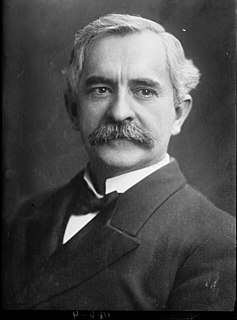A Quote by James Ellroy
I would like to provoke ambiguous responses in my readers.
Related Quotes
If you could see a photograph of what it took to make an advertising photograph - things you don't think about, like the photo assistant carefully arranging the meatballs - the degree of unnaturalness would be astonishing. Yet it produces an image that looks natural, and is orchestrated to provoke basic emotional responses.
Even if that statement was ambiguous, we kind of wanted to cause a stir. We thought that by having the name "Cabaret Voltaire", that with it came a certain responsibility. It wasn't meant to be purely entertainment; it was meant to be something a little bit more serious - and to provoke people - wrapped within an outer wrapping of entertainment.
On 'Hairless Toys,' I've tried to create an ambiguous character to go with an ambiguous record. She's anything but rock n' roll - she's so not rock n' roll that, in a twisted way, she's kind of radical. She's like someone from my memory, almost like my mother, and she's lost in some space-time between the 1960s and the late '80s.
Sometimes I walk into a situation and I know somebody is going to provoke me - not maybe, I know he will provoke me - I know he will provoke me! And there are times when I simply refuse to be provoked. And the other times you have to use that superior knowledge to carry on at work without distraction, and don't allow yourself to be distracted.






































